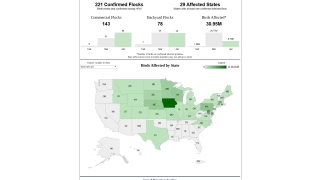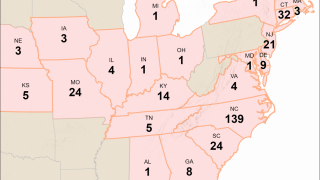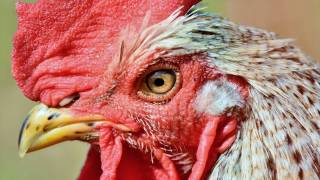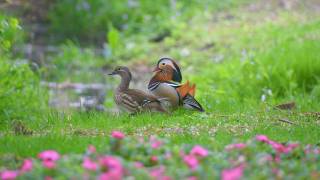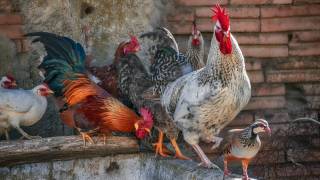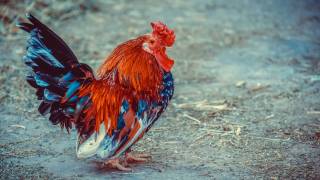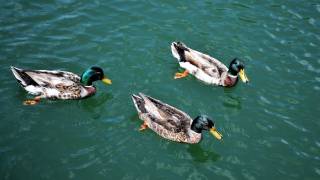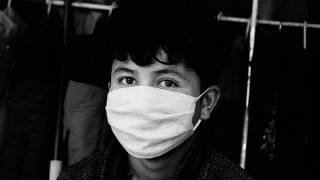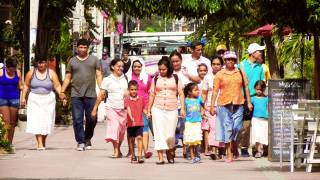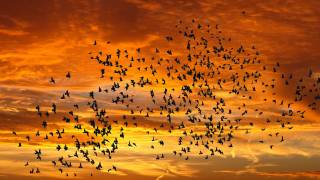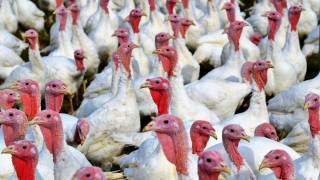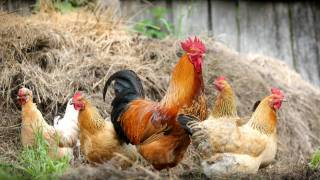Avian Influenza Outbreaks in the Americas
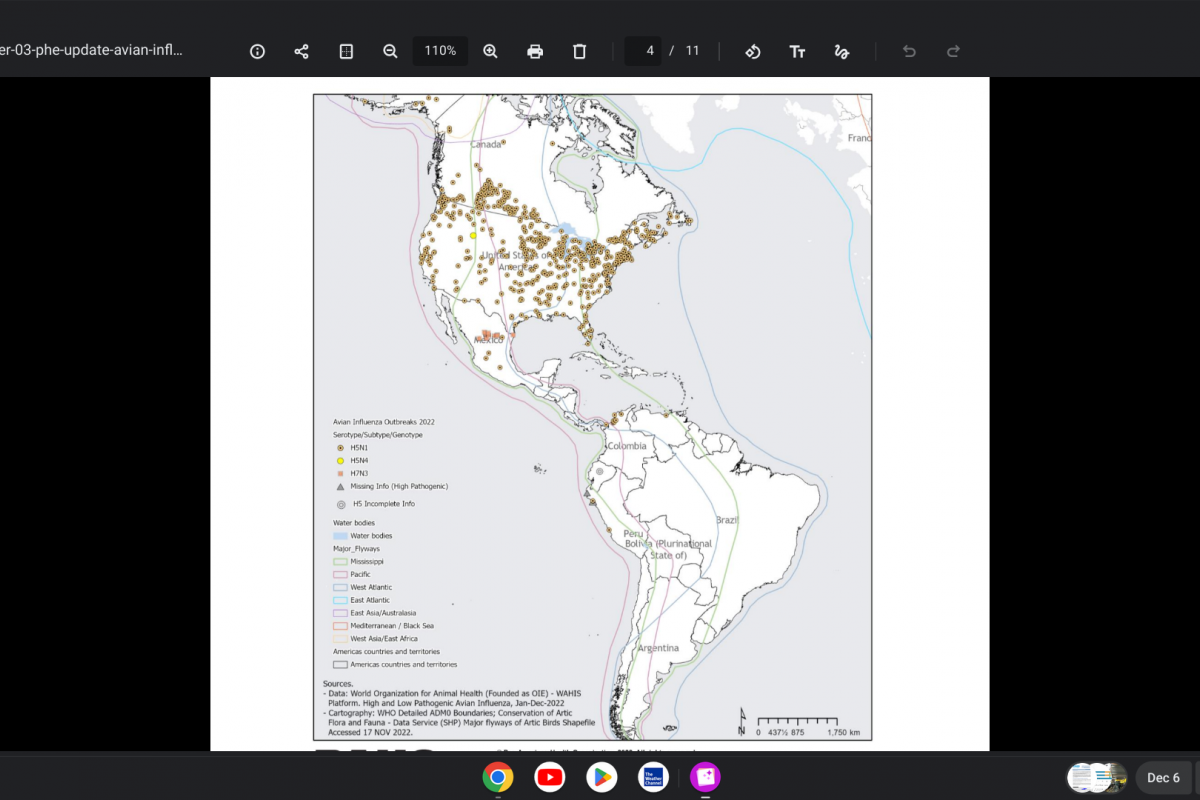
Given the increase in highly pathogenic avian influenza (HAPI) outbreaks during 2022 in the Region of the Americas, the Pan American Health Organization/World Health Organization (PAHO/WHO), the surveillance of exposed persons is recommended.
As of epidemiological week #48 of 2022, agriculture authorities in Canada, Colombia, Ecuador, Mexico, Peru, the U.S., and Venezuela have detected outbreaks of HPAI H5 viruses in poultry farms, backyards, and wild birds.
The PAHO/WHO recommends that the Member States strengthen coordination between sectors involved in alerting and responding to zoonotic events.
And implement the necessary measures to contain emerging pathogens that may put public health at risk.
In accordance with the seasonal pattern of HPAI, the number of outbreaks is expected to increase in the coming months of 2022 and 2023.
PAHO/WHO recommended on December 3, 2022, monitoring the occurrence of influenza-like illness or severe acute respiratory infection in people exposed to birds (domestic, wild, or in captivity) infected with influenza viruses.
Given the detection of an infection in humans, early notification is essential for an investigation and implementation of adequate measures that include the early isolation and treatment of the case and the active search for other instances associated with the outbreak.
In the U.S., the Eurasian H5N1 strain first appeared in January 2022 and has affected 46 states and led to the loss of over 53.7 million birds as of December 13, 2022.
The U.S. government has approved a vaccine for one type of bird flu virus and could distribute it if a person-to-person outbreak occurs.
The U.S. Food and Drug Administration (FDA) has authorized CSL Seqirus' Audenz™ monovalent cell-based vaccine.
Notably, the FDA says the annual flu shot is ineffective against HAPI viruses.
Other avian influenza news is posted at PrecisionVaccinations.com/Avain.
Our Trust Standards: Medical Advisory Committee



